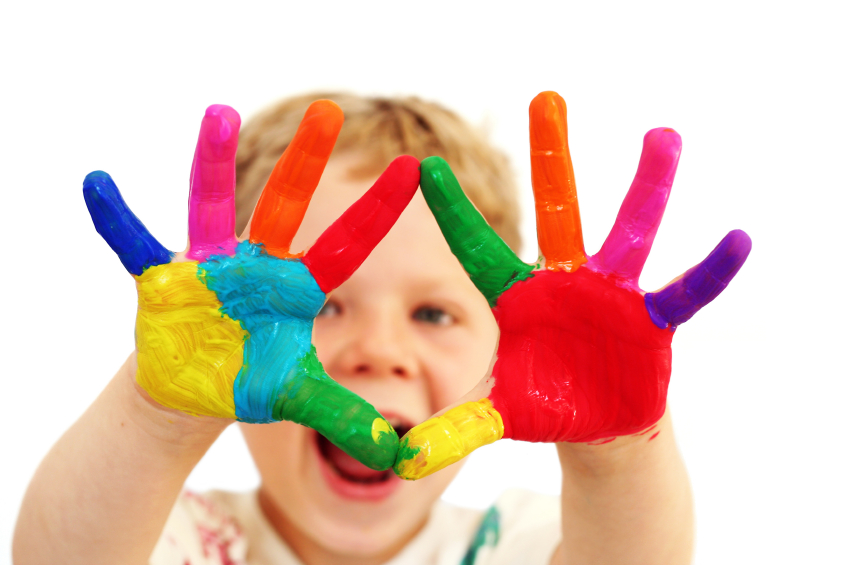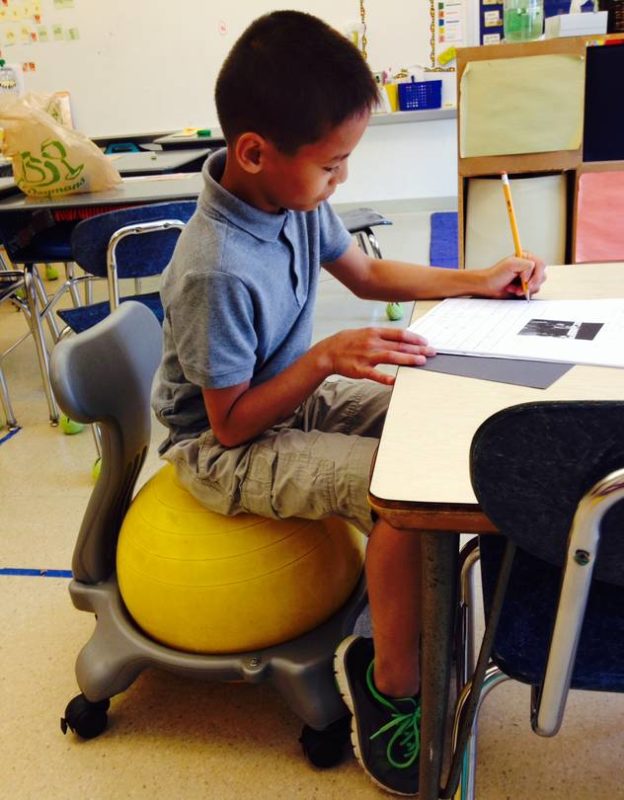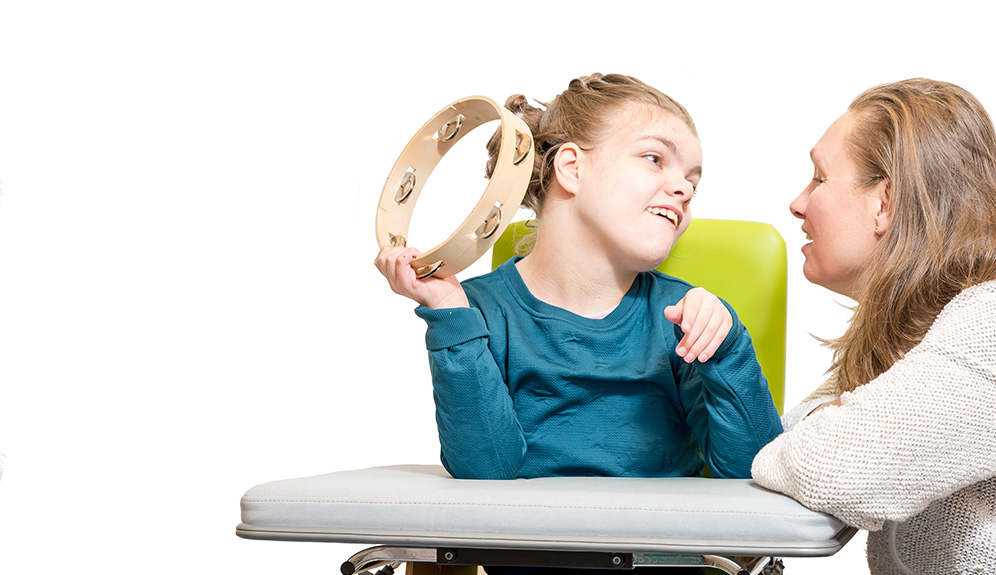Motor & Play Skills
Fine Motor Skills
These skills are the movements and dexterity of the small muscles in the hands, fingers and wrists. Skills in this area include reaching, carrying, hand strength, grasping objects and in-hand manipulation. These skills are essential for tasks such as buttoning your shirt, holding and using your pencil and using scissors. Difficulties within this area may present as weak hand muscles (e.g. dropping objects), hand fatigue or pain, difficulties in using buttons or zippers or no obvious dominant hand.
Gross Motor Skills
These are the movements of the large muscles in the arms and legs. They include skills such as rolling, crawling, running, walking, running, jumping and skipping. These skills are important for participation in sport, self-care tasks (e.g. dressing) and social games such as hopscotch. Some difficulties which may indicate low gross motor skills include inability to stand on one leg, difficulties with ball skills, decreased co-ordinated movements or low muscle tone.



